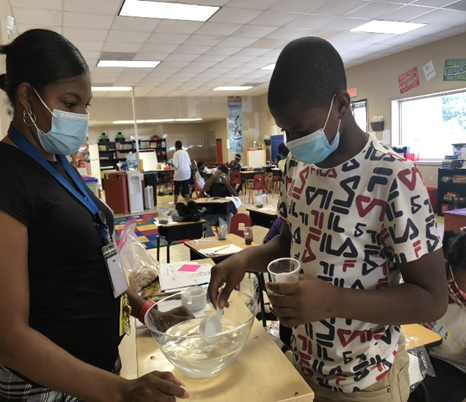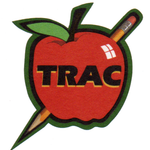
What is the Summer Learning Loss and What Can You Do About It ?
-
Lack of Academic Engagement: During the summer months, many students have less access to structured educational activities and may not engage in learning as frequently as they do during the school year.
-
Limited Access to Resources: Some families may lack access to educational resources, like books or computers, that facilitate continued learning over the summer.
-
Inactivity: Extended periods of inactivity can lead to cognitive regression. Without regular mental stimulation, students can lose skills and knowledge.
-
Socioeconomic Factors: Summer Learning Loss tends to be more pronounced in students from low-income households who may not have access to enrichment programs or summer camps.
-
Academic Gaps: Students who experience summer learning loss may start the next school year behind their peers, making it difficult for them to catch up.
-
Cumulative Effects: Over time, the cumulative impact of summer learning loss can contribute to a widening achievement gap between students.
-
Teacher Challenges: Teachers often spend valuable classroom time at the beginning of the school year re-teaching material that was forgotten over the summer.
-
Offer Summer Programs: Organize summer programs that provide a structured learning environment. These can include academic enrichment activities, arts and crafts, and physical fitness programs.
-
Promote Reading: Encourage students to read over the summer. Set up a summer reading challenge and offer incentives for completing books. Create a library or book club within your afterschool program.
-
STEM Activities: Incorporate fun and hands-on STEM (Science, Technology, Engineering, and Math) activities into your summer program. These can spark interest and prevent knowledge loss.
-
Educational Field Trips: Plan educational field trips to museums, nature reserves, and science centers. These outings can be both enjoyable and educational.
-
Online Learning Resources: Provide access to online learning platforms and educational websites that can help students continue their studies over the break.
-
Family Engagement: Encourage parents and guardians to be involved in their child's summer learning. Share resources, suggest activities, and provide guidance on how to support their child's educational growth.
-
Assessment and Progress Tracking: Use pre- and post-assessments to track students' progress over the summer. This data can help tailor your program to address specific learning gaps.
-
Create a Summer Learning Calendar: Develop a calendar with a mix of educational and recreational activities to keep students engaged and excited about learning.
